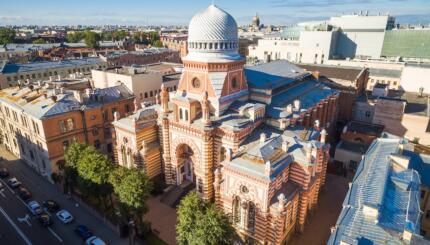Earlier this week, MJL launched a new subject area: Theatre & Dance — a collection of articles about Jewish performance throughout the ages.
We learned a lot putting together this section, particularly how little as been written about these areas (compared to other subjects in Jewish Studies). One of the most interesting facts, I learned comes from Etta Abramson’s article about how the religious/secular divide has played out in Israeli theatre.
After the establishment of the state, an official film and theatre censorship board was appointed by Israel’s Minister of the Interior with the government’s approval. This replaced the initial Board of Censors established in Palestine in 1927 under the British Mandate. The new board in Israel consisted of a changing panel of 15 to 20 representatives — sociologists, educators, legal experts, and government officials — almost half of whom had to be religious or “traditional.” The law also required that at least one representative be a woman.
Scripts had to be submitted to the board at least two months prior to any play’s opening. If the play was foreign, it had to be submitted in the language of performance along with a Hebrew translation. The board could ask to see a rehearsal of a play, and these previews sometimes resulted in censorship.


